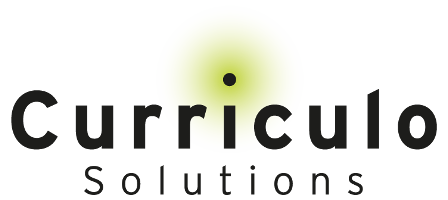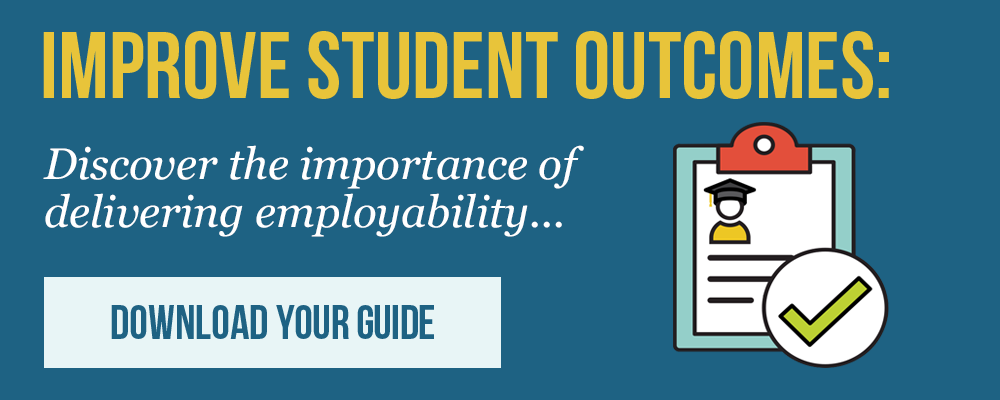
We’ve explored the interplay between education and technology in our previous blog article about how students today differ from those of 30 years ago. The ubiquity of, and easy access to, information has created a shift in how education is valued and applied. The job market also plays a much larger role in inspiring degree and institution choice among learners. This will continue to shape education and technology over the next ten years.
India’s government has committed to giving its tertiary education system a massive overhaul
The potential for higher education in India is enormous: it’s predicted to become the world’s third largest economy by 2020. Its middle class is growing and 50% of its population is under 25 according to the British Council’s report, Understanding India. However, before education and technology can overlap to create the change that’ll spur India’s growth in tertiary education, challenges still exist that the government is working hard to overcome. Low enrolment rates, a shortage of quality teaching, and staff and social inequality are all factors that the Ministry of Human Resource Development will surmount through restructuring “funding, leadership and management, quality assurance, accountability, relationships with industry, international collaboration and the way teaching and research are conducted.”
Will faculty become obsolete by 2030?
Academics from various institutions around the world have posited their view of where education is heading over the next ten years and the outlook is very divided. Some, quoted on the Times Higher Education website, claim that technology (specifically artificial intelligence) will obliterate the current University learning model as we know it, even removing the need for faculty. Others don’t think technology is a threat to the current status quo. In the context of Indian higher education, online learning is set to become mainstream and a more student-centric approach to learning, fueled by research-based teaching.
MOOCs have begun emerging in response to the new culture of free and instant information
The internet has made it possible for students to complete degrees without ever setting foot inside a formal university. Sites such as Wikipedia have also set the precedent of making knowledge readily available to anyone who wants it. If I can learn for free online, then why pay thousands of rupees in tuition and living expenses to complete a degree, many students would argue. To keep up with this revolution in education and technology, universities have begun supplying their expertise and knowledge via Massive Open Online Courses (MOOCs): even the world’s best institutions such as MIT and Harvard. And in India, the SWAYAM online portal provides access to MOOCs devised by higher education institutions. In ten years time, the MOOC model of learning will force curricula to evolve to add value over and above simply imparting knowledge. More and more private higher education institutions offering distance learning courses are also likely to rise to meet India’s unmet demand for education.
As education and technology continue to evolve, transferable skills will remain a requirement for job candidates
These changes in education and technology are heavily influenced by what’s happening in the global job market, as universities become feeder institutions for many organisations across multiple industries. Although the technical content of degrees might sway individuals towards specific vocations, transferable skills are required of job candidates whatever their chosen discipline.
With the right career skills programme that develops these soft skills, you ensure that your students have bright career prospects and your university differentiates itself from its competitors. Our Industry Engagement Programme (IEP) is an easily implemented, autodidactic course that can assist students in beginning their careers. Download our guide for further strategies on enhancing student employability.


